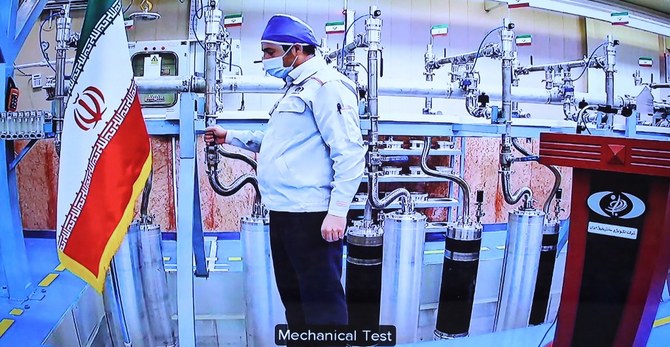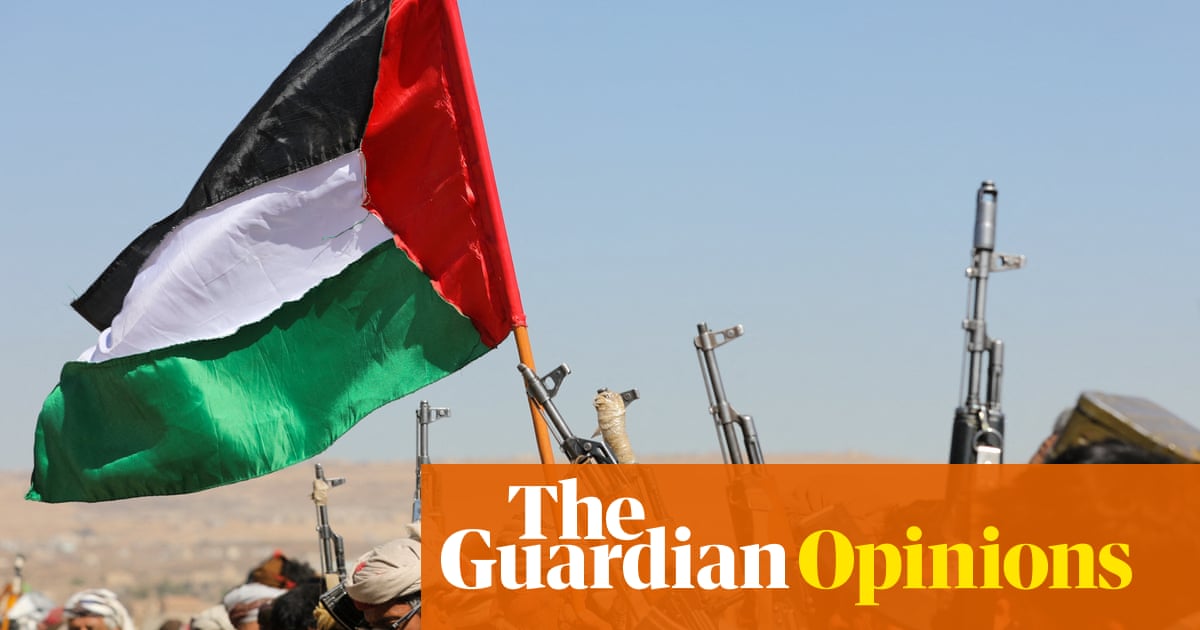
In 2014 Russia was kicked out of the G8 for its invasion of Ukraine and the subsequent occupation of Crimea. The illegal annexation of Crimea was the first time since World War II that borders in Europe had been changed by the use of military force. For the other members of the G8, it was simply too much to allow Russia sitting at the same table of an organization that’s meant to be of like-minded democracies. The G8 became the G7.
The G7 consists of seven of the world’s advanced industrialized economies —Canada, France, Germany, Italy, Japan, the UK and the US. What they have in common is that they are all democracies and, without Russia, they are linked in some form or another by defense and security treaties. The countries of the G7 are not the world’s seven largest economies — China is not a member — but when combined these seven countries account for 50 percent of global wealth.
Russia first joined the G8 in 1997. This was at a time when Boris Yeltsin was still in power and Western relations with Russia looked promising. Since President Vladimir Putin ascended to power in 1999, relations between Russia and the other members of the G8 have ebbed and flowed, but have generally been on a downward trajectory. At almost every opportunity, he has pursued polices that undermine the interests of the other seven members.
Since being expelled from the bloc, and in an attempt to weather western economic sanctions, Russia has been forced to look elsewhere. Moscow has been cozying up to Beijing, looking to China to offset some of the economic activity lost through western economic sanctions. Major infrastructure projects in eastern Siberia and in the Arctic have greatly benefited from Chinese investment. However, this is not a satisfactory solution to Russia’s problems as Moscow knows that it needs China more than China needs it. China also knows very well that its newly found investment opportunities in Russia and in Central Asia (a region until recently in Russia’s implicit sphere of influence) helps to advance its Belt and Road Initiative. So China is happy to go along.
If Russia wants to be seriously considered for readmission to the G7, it should use the upcoming talks to announce a series of measures pertaining to Ukraine.
Luke Coffey
In the run-up to the recent G7 meeting in Biarritz, in France, President Trump suggested that Russia should be allowed to re-join the grouping. Speaking to reporters at the summit President Trump said “I think it would be an asset to have Russia back in. I think it would be good for the world, I think it would be good for Russia, I think it would be good for the United States, I think it would be good for all of the countries in the G7.”
It would be incredibly naive and geopolitically inept to allow Russia back into the grouping at this time.
Next month, officials from Russia, France, Germany and Ukraine will meet again to hold further peace talks. This is part of the so-called Normandy format which has met off and on since June 2014, but has failed to deliver any concrete results to bring the fighting in Ukraine to an end.
If Russia wants to be seriously considered for readmission to the G7, it should use the upcoming talks to announce a series of measures pertaining to Ukraine.
First, Russia must fully restore Ukraine’s internationally recognized territory. This includes the Crimean peninsula and the Donbas region in eastern Ukraine. From these two regions, Russia must remove all of its troops, mercenaries, and security officials.
In addition, before rejoining the G7 Russia should develop a plan to pay full compensation and economic reparations to Ukraine for its actions since 2014. At the time of occupation, Crimea accounted for 4 percent of Ukraine’s gross domestic product.
Other things Russia should do include releasing the almost 70 Ukrainian political prisoners and the 24 Ukrainian sailors who are being held in Russian custody, formally apologizing to the Crimean Tatars for their treatment under the occupation, and acknowledging responsibility for the downing of Malaysia Airlines Flight 17 in July 2014, suitably compensating the families of the 298 people from 17 countries killed in the incident.
In addition to Russia’s indiscretions in Ukraine, Moscow should also prove that it can be a constructive partner in other regions of the world where there is turmoil. One shouldn’t forget that it is Russia that continues to prop up brutal leaders such as Bashar Assad in Syria and Nicolas Maduro in Venezuela — both of whom only prolong the suffering of the people living their respective countries.
In many ways Russia is more geopolitically isolated than ever. Its relationship with China is incredibly lopsided in favor of Beijing. Moscow curries favor with pariah states such as North Korea, Iran, Syria, and Venezuela. Russian-backed multilateral organizations such as the Eurasian Economic Union have failed to deliver any substantial benefits to Russia. President Putin is suffering from low approval ratings, a stagnant economy and a constant drumbeat of civil unrest that has recently manifested itself in major protests in Moscow.
The G7 is an organization that allows like-minded democracies to work together to tackle many of the world’s major problems. Putin has not demonstrated that he can be a trusted partner, and President Trump is wrong to say that Russia should be allowed back in the club at this time.
If Russia does change its ways in Ukraine and drops its support for brutal leaders like Assad, then perhaps Moscow’s membership can be reconsidered.
Russia is a proud country. For better or for worse, it has a history of being at the center of global affairs. But it can only re-enter the G7 once it demonstrates that it is a responsible and collegiate actor on the international stage.
Sadly, for the Russian people this is unlikely to occur while Putin is in power.












